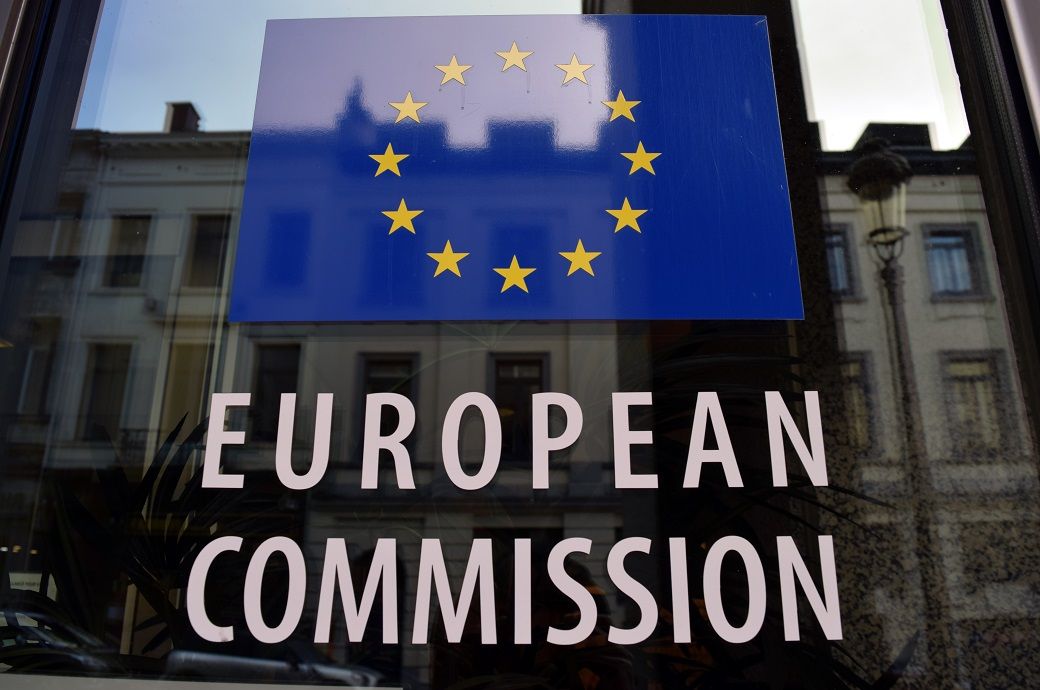
Recognising the challenges posed by burgeoning trade volumes, the exponential growth of e-commerce, and shifting geopolitical realities, the proposed reform seeks to ensure that the EU Customs Union remains adaptive and competitive in a rapidly evolving global marketplace. By harnessing the power of cutting-edge technologies and data analytics, the reform aims to replace traditional customs declarations with a more efficient, data-led approach to import supervision, EC said in a press release.
Under the proposed reforms, customs authorities will have access to a wealth of real-time data, empowering them to better assess and intercept imports that may pose risks to the EU, its citizens, and its economy. The new framework will equip customs officials with the tools and resources necessary to safeguard the integrity of the EU market, while simultaneously supporting legitimate trade flows.
One of the key pillars of the reform is the establishment of a new EU Customs Authority, tasked with overseeing the EU Customs Data Hub. This platform will act as the engine of the new customs system, aggregating information provided by businesses. Businesses will be able to log all relevant information about their products and supply chains into the platform.
Trusted traders, known as ‘Trust and Check’ traders, may even benefit from a system where goods can be released into circulation within the EU without active customs intervention, provided their business processes and supply chains are transparent. The Trust & Check category will strengthen the already existing Authorised Economic Operators (AEO) programme for trusted traders, the release added.
To bolster risk management and facilitate coordinated customs checks, the proposed system will pool information and expertise at the EU level. Customs authorities will utilise artificial intelligence to analyse data and predict potential problems, allowing them to focus their efforts and resources on stopping unsafe or illegal goods from entering the EU. Moreover, this enhanced risk management approach will help enforce EU laws, including those related to climate change, deforestation, and forced labour, contributing to the EU's commitment to sustainable and ethical trade practices.
The reforms also seek to address challenges specific to e-commerce. Online platforms will be assigned a greater responsibility for ensuring that customs duties and value-added taxes (VAT) are paid at the time of purchase. This shift in responsibility from individual consumers and carriers to platforms will enhance transparency and eliminate hidden charges, EC said.
To combat fraud, the current exemption from customs duty for goods valued under €150 will be abolished.
The proposed reform will reduce the time needed to complete import processes and provide a single EU interface for seamless data re-use. Furthermore, the reform envisions the gradual replacement of existing customs IT infrastructure in EU member states with the EU Customs Data Hub, resulting in significant cost savings of up to €2 billion annually.
While the proposed reforms present a comprehensive vision for the future of the EU Customs Union, their implementation is contingent upon approval by the European Parliament and the Council. If adopted, the reforms are expected to come into effect gradually, with e-commerce consignments becoming eligible in 2028, followed by other importers on a voluntary basis in 2032. The new customs framework is slated to become mandatory from 2038.
Fibre2Fashion News Desk (KD)